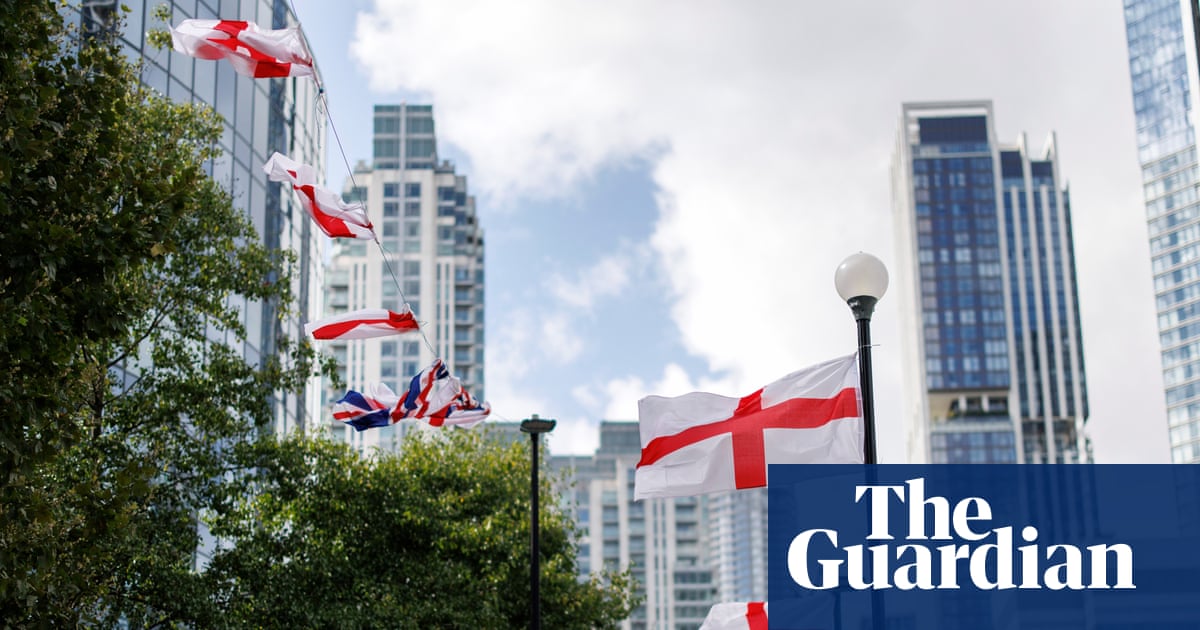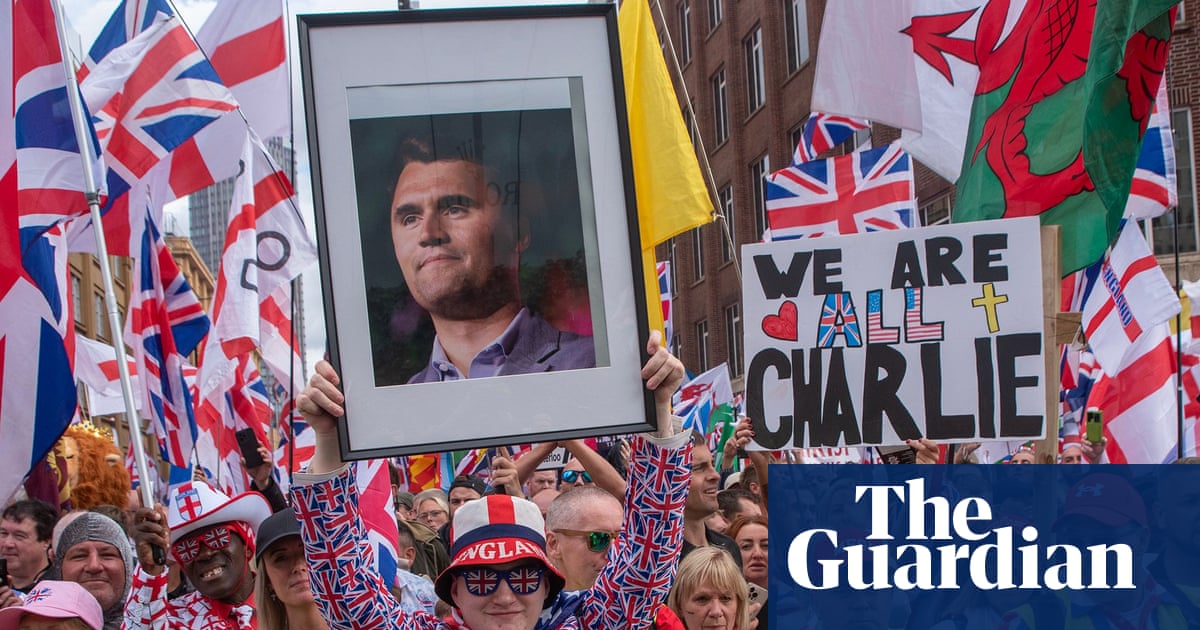The UK government has admitted its intelligence agencies were “too slow” to realise the CIA was mistreating prisoners in its post-9/11 torture programme, acknowledging in court for the first time British involvement in the US agency’s notorious detention operations.
The admission was made during a trial that concluded on Friday at the investigatory powers tribunal, which has been investigating claims that British intelligence was complicit in the mistreatment of two men who were repeatedly tortured by the CIA in the early 2000s.
In court, arguments were heard about whether legal protections that authorise the intelligence services to commit criminal offences extend to cover complicity in torture and other forms of cruel and degrading mistreatment.
The cases have been brought by lawyers representing Mustafa al-Hawsawi, who is accused by the US of aiding the hijackers behind the 9/11 terrorist attacks, and Abd al-Rahim al-Nashiri, who is alleged to have plotted al-Qaida’s bombing of a US naval ship in 2000.
Both men have been detained in a US military prison at Guantánamo Bay since 2006. They face charges carrying the death penalty, though their cases have not yet gone to trial. Captured by the CIA between 2002 and 2003, the men spent several years in secret prisons known as “black sites”.
The tribunal heard how Hawsawi and Nashiri were held for several years incommunicado at the black sites, where they were “systematically” tortured and subjected to an array of brutal interrogation techniques, resulting in permanent physical and psychological damage.
Lawyers for the men have argued there is credible evidence to infer that UK spy agencies, including MI5 and MI6, unlawfully aided, abetted, conspired or “were otherwise complicit” in their torture and serious mistreatment by the CIA.
The government would “neither confirm nor deny” the allegations in open court, saying it had addressed the claims in secret proceedings before the tribunal, a special court with unique powers to obtain and consider classified evidence.
However, the government admitted the intelligence agencies “were too slow to appreciate the risk of mistreatment to detainees in CIA detention” and “more detailed guidance should have been in place” to “cover their broader engagement with the US in this context”.
Sam Raphael, a professor at the University of Westminster and expert on the CIA’s black site operations, said it was a “startling” admission that went further than previous official statements because it “appeared to explicitly concede for the first time that UK agencies were involved in the CIA’s detention programme”.
Hawsawi and Nashiri’s lawyers argued that aiding or abetting torture and mistreatment by a foreign state would fall outside the scope of legal powers such as section 7 of the Intelligence Services Act 1994 – sometimes described as the “James Bond clause” – which creates protections for spies to commit criminal activities abroad.
“They do not have unlimited powers,” said Hugh Southey KC, representing Nashiri. He argued that the law “cannot be interpreted as permitting the UK agencies to facilitate acts of torture”.
While the government claimed the UK did not participate in, encourage or condone the use of torture or other forms of cruel treatment “for any purpose”, its lawyers said the intelligence agencies nevertheless possessed powers that could be used to authorise a broad range of criminal conduct.
Edward Craven KC, for Hawsawi, urged the tribunal to “treat any denial of wrongdoing” by the intelligence agencies “with an appropriate degree of caution”. He noted that MI5 was facing allegations that it gave “false evidence” in a separate case before the tribunal.
The tribunal will now hold a series of closed-door hearings, where the findings of its investigation will be considered in secret.

.png) 3 months ago
40
3 months ago
40

















































